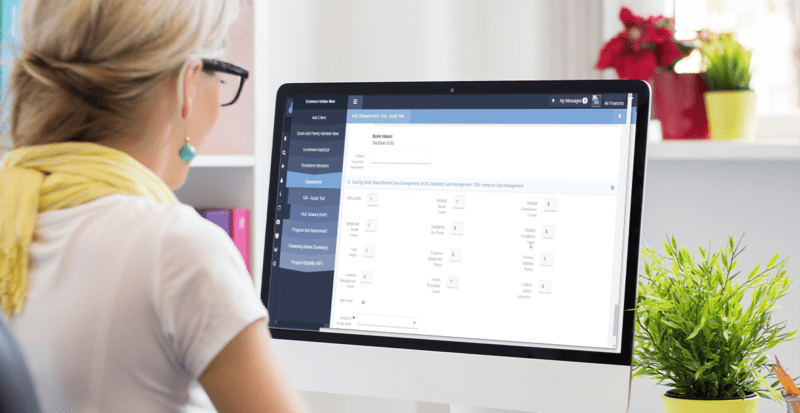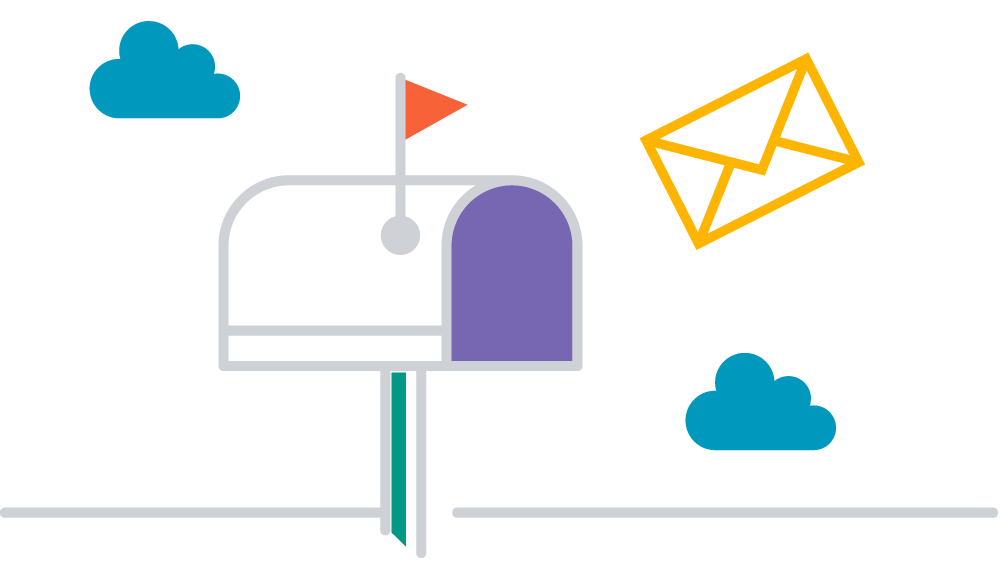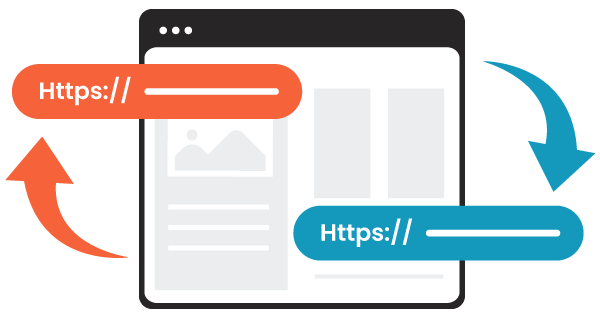People care about their personal data and privacy. Nonprofits managing sensitive data must invest in data transparency to help them prevent breaches and gain client and donor trust.
Nonprofits are responsible for maintaining large amounts of confidential data—case logs, client data, and donor contact information. If private client information gets leaked or stolen, it has dire consequences. Studies have shown that the majority of people are likely to avoid organizations that have had a history of data breaches.
Nonprofits also depend on proper data management every day. Data helps nonprofits evaluate how effective their programs are, manage specific projects or cases, support development, and donor stewardship initiatives, and prepare reports for funding agencies.
[Related Content: Why Data is Important for Nonprofit Management]
Nonprofits need to invest in data transparency to help them prevent breaches and gain client and donor trust.
What is data transparency?
Data transparency is how organizations obtain, use, and share sensitive data. Nonprofits are expected to share a clear view of how their data is collected, used, shared, and who it is shared with.
Many nonprofits are legally required to secure their data because it contains sensitive information. In particular, nonprofits or organizations that handle data relating to children, legal matters, finances, and health care are all subject to strict regulatory guidelines. By serving vulnerable and disadvantaged communities, nonprofits are responsible for protecting their client’s sensitive data and clearly communicating how it is used.
A recent study found that two-thirds of people would avoid organizations that had a history of data breaches.

Why is data management for nonprofits important?
Nonprofit transparency builds trust. Proper data collection and data management help nonprofit staff make key decisions about program strengths, weaknesses, and opportunities to improve. Handling nonprofit data management efficiently and securely also makes it easier to:
- Evaluate program effectiveness.
- Set goals and track progress.
- Improve client outcomes.
- Communicate return on investment for funding agencies and donors.
- Prevent damaging data breaches.
- Elevate staff efficiency.
In complex case management situations, staff from multiple nonprofits or government agencies may need to share sensitive client information across platforms. This data sharing helps partners in a care plan collaborate by aligning endpoints and tracking case progress. Data management also helps nonprofits and organizations streamline processes and save time.
Data transparency and data security concerns are closely linked. Nonprofit clients and donors need to trust that their private information will not be leaked.
How can your nonprofit maintain data transparency?
Nonprofits can gain client, donor, and funding agency trust by clearly communicating their data management policies. Being honest and open about how data is used and securely stored helps build stakeholder trust.
Nonprofits must also be intentional about setting internal standards for data use. Make sure your policies and procedures align with legal guidelines and make these guidelines readily available. Nonprofits should also provide regular data transparency and security training to help enforce these standards and ensure regulatory compliance.

CaseWorthy provides a secure platform to collect, analyze, and safeguard sensitive nonprofit data
To protect confidential data, nonprofits need to invest in a secure database and client management system, like CaseWorthy.
CaseWorthy software is HIPAA, LIHEAP, and HMIS compliant—reflecting the highest standards of data management, reporting, and collection. All sensitive client information entered into the CaseWorthy system is stored on private, proprietary servers with 24/7 surveillance and maintenance.
If your organization needs to implement stronger data transparency, chat with our team to see if CaseWorthy is the solution for you!


